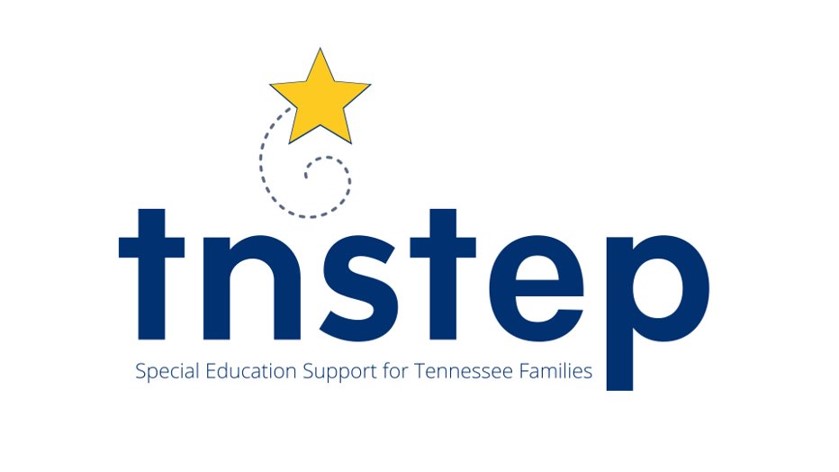Rosa’s Law (Pub. L. 111-256), signed in 2010, amended sections of the Individuals with Disabilities Education Act (IDEA), and the Rehabilitation Act of 1973, as amended (Rehabilitation Act), by removing the words “mental retardation” and replacing these outdated terms with the words “intellectual disability” or “intellectual disabilities.” Final regulations, published on July 11, 2017, implement these statutory changes in the applicable Office of Special Education and Rehabilitative Services regulations.
The law is named for Rosa Marcellino, a girl with Down Syndrome who was nine years old when it was signed into law. Then-President Barack Obama underscored Rosa’s influence at the signing ceremony by pointing out that she “worked with her parents and her siblings to have the words ‘mentally retarded’ officially removed from the health and education code in her home state of Maryland.”
You may read the final regulations implementing this statutory change in applicable Department of Education regulations in the July 11, 2017, Federal Register notice.
You may read President Obama’s signing remarks in the October 8, 2018, White House Archives.
IDEA Statute:
Rosa’s Law amended IDEA by substituting “intellectual disabilities” for “mental retardation” in sections
- 601(c)(12)(C) (20 U.S.C. 1400(c)(12)(C)) and
- 602(3)(A)(i) and (30)(C) (20 U.S.C. 1401(3)(A)(i) and (30)(C)).
IDEA Regulations:
As stated above, the final regulations published on July 11, 2017, in the Federal Register implements Rosa’s Law. Because Rosa’s Law amended IDEA, The Office of Special Education Programs (OSEP) has made conforming changes to the IDEA regulations (34 CFR part 300). The term “mental retardation” has been changed to “intellectual disability” in the following Part B regulations:
- §§300.8(a)(1) and (c)(6), (c)(7), and (c)(10)(ii) (Child with a disability);
- §300.309(a)(3)(ii) (Determining the existence of a specific learning disability); and
- §300.311(a)(6) (Specific documentation for the eligibility determination).
Rehabilitation Act:
Rosa’s Law amended the Rehabilitation Act by
- substituting “intellectual disability” for “mental retardation” in section 7(21)(A)(iii) (29 U.S.C. 705(21)(A)(iii));
- substituting “intellectual disabilities” for “mental retardation” in section 204(b)(2)(C)(vi) (29 U.S.C. 764(b)(2)(C)(vi)); and
- substituting “President’s Disability Employment Partnership Board and the President’s Committee for People with Intellectual Disabilities” for “President’s Committees on Employment of People With Disabilities and on Mental Retardation” in section 501(a) (29 U.S.C. 791(a)).
Rehabilitation Act Regulations:
In the regulations implementing the Rehabilitation Act, “intellectual disability” replaces “mental retardation” and “having an intellectual disability” replaces “mentally retarded” in the following definitions:
- “handicapped person” in §104.3(j)(2)(i)*;
- “individual with a severe disability” in §385.4*;
- “individual with a significant disability” in §361.5* and §373.4*;
- “individual with handicaps” in §105.3*; and
- “physical or mental impairment” in §361.5*.
*Indicates section is within Title 34 CFR.
“Intellectual disability” replaces “mental retardation” in Appendix A to part 104, Title 34 CFR.

